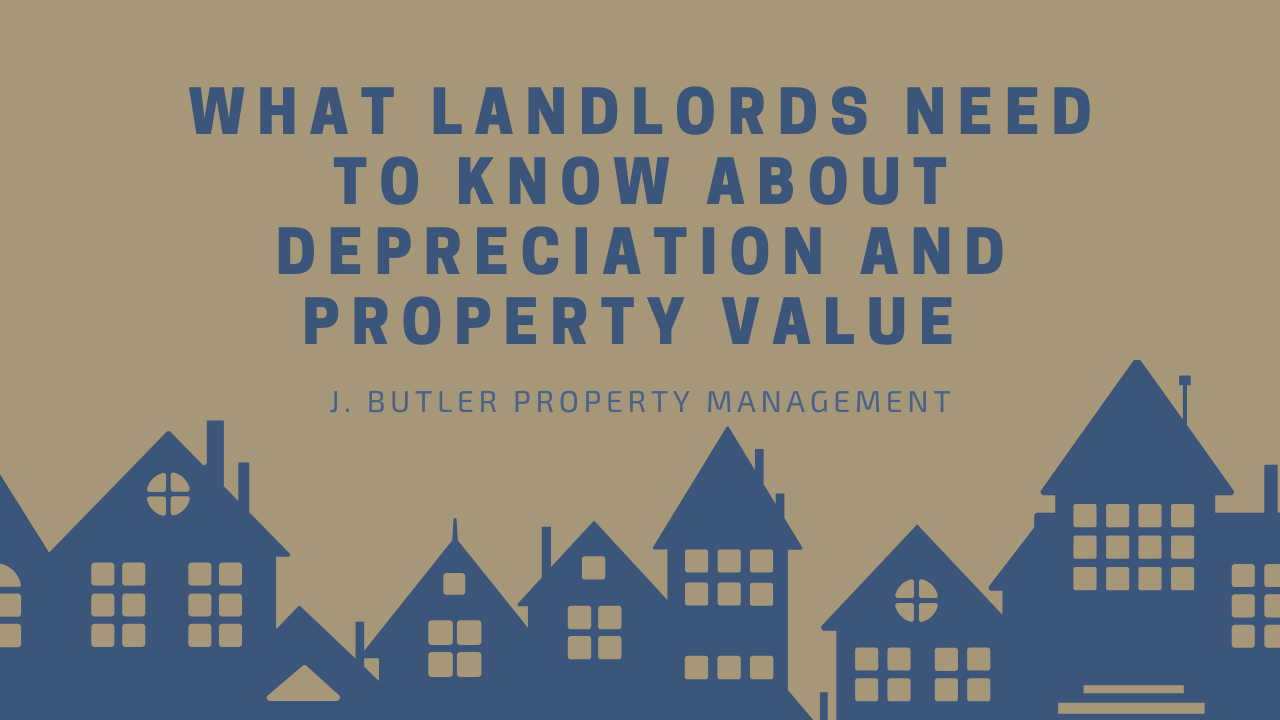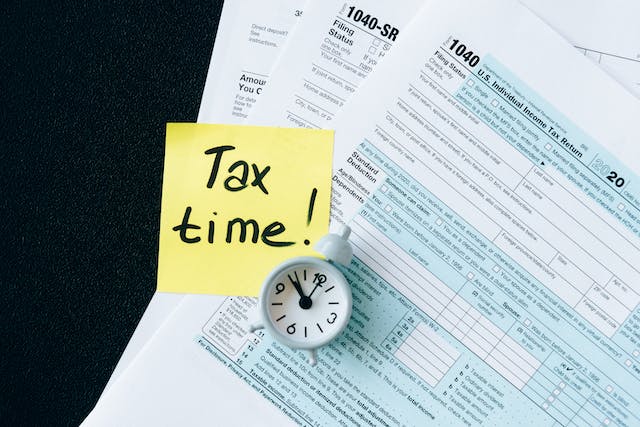
What Landlords Need to Know About Depreciation and Property Value
September 5, 2025
What Landlords Need to Know About Depreciation and Property Value
Key Takeaways
- – Depreciation lets Massachusetts landlords reduce taxable income while still benefiting from long-term property appreciation.
- – Knowing the difference between land and building values is key to maximizing deductions and staying compliant.
- – Working with professionals like J. Butler Property Management helps you track depreciation, plan ahead, and boost overall returns.
Owning a rental property in Massachusetts is one of the most reliable ways to build long-term wealth. Between consistent rental income and the potential for property appreciation, it’s no wonder more investors are turning to real estate as a foundation of their portfolios. As J. Butler Property Management explains, there’s another piece of the puzzle that many landlords overlook: depreciation.
Depreciation is an accounting concept that allows you to reduce taxable income by spreading out the cost of your property over its useful life. It can provide significant tax benefits while also impacting how you evaluate your property’s true financial performance. To be a successful landlord, you need to understand how depreciation works, how it affects property value, and what steps you can take to maximize its advantages.
Understanding Depreciation in Real Estate
Depreciation is the process of deducting the cost of an asset over time. For rental properties, the IRS allows landlords to deduct a portion of the property’s value each year as the building experiences “wear and tear.”
The IRS uses a system called the Modified Accelerated Cost Recovery System (MACRS). Under MACRS, residential rental properties are depreciated over 27.5 years. This means you divide the cost of the building, not the land, by 27.5 and deduct that amount annually on your tax return.

For example, if you buy a rental property in Boston for $500,000 and allocate $400,000 to the building and $100,000 to the land, you can deduct about $14,545 per year in depreciation ($400,000 ÷ 27.5). This deduction can save you thousands in taxes annually, especially when combined with other allowable expenses like maintenance, insurance, and property management fees.
Land vs. Building: Why the Difference Matters
One of the most important aspects of depreciation is that only the structure, not the land, is depreciable. Land doesn’t wear out, so it can’t be written off. When you purchase a property, you’ll need to determine how much of the purchase price applies to the building and how much applies to the land.
Massachusetts landlords often rely on property tax assessments to establish this ratio. For instance, if your tax bill shows that 80% of your property’s assessed value is for the structure and 20% is for the land, you can use those percentages for depreciation purposes. Getting this split right is crucial because it determines how much you’ll be able to deduct each year. A professional accountant or property manager can help you properly allocate these values.
How Depreciation Impacts Property Value
While depreciation is a tax deduction, it doesn’t mean your property is losing real-world value. In fact, properties in Massachusetts have historically appreciated, particularly in markets like Cambridge, Somerville, and Greater Boston.

However, depreciation does affect how your property is treated when you sell. When you sell a rental, the IRS requires you to “recapture” depreciation. This means you’ll pay taxes on the depreciation you claimed, usually at a 25% rate.
Let’s revisit the earlier example. If you claimed $145,000 in depreciation over 10 years, that amount will be taxed upon sale, even if your property’s value increased. The appreciation of your property will also be taxed as a capital gain. This makes it vital for landlords to plan ahead. Understanding depreciation ensures you won’t be surprised by tax bills when you decide to sell. It also helps you make smarter choices about refinancing, reinvesting, or holding onto your property long term.
Common Mistakes Landlords Make with Depreciation
Many rental property owners miss out on the full benefits of depreciation because of these common mistakes:
- – Not claiming depreciation at all. Some landlords don’t realize they qualify and fail to deduct depreciation, leaving money on the table.
- – Incorrectly allocating land and building values. Overestimating the land portion reduces your annual deduction, while underestimating can cause IRS scrutiny.
- – Forgetting improvements. Renovations and upgrades that extend your property’s life can often be depreciated separately as capital improvements.
- – Not planning for recapture. Failing to account for depreciation recapture during a sale can lead to an unexpected tax burden.
Avoiding these mistakes requires accurate recordkeeping, professional guidance, and a long-term investment strategy.
Maximizing Depreciation Benefits
If used strategically, depreciation can be a powerful tool to improve cash flow and boost your returns. Here are a few ways landlords in Massachusetts can make the most of it:

- – Keep detailed records. Track purchase documents, improvement costs, and repair receipts. Documentation ensures you maximize deductions and stay compliant with IRS rules.
- – Differentiate repairs from improvements. Routine repairs, like fixing a leaky faucet, can be deducted immediately, while improvements, such as a kitchen remodel, are depreciated. Knowing the difference increases tax efficiency.
- – Consider cost segregation. Larger landlords sometimes use cost segregation studies to break down property components (like appliances, flooring, or fixtures) into shorter depreciation schedules, accelerating deductions.
- – Work with professionals. A property manager and tax professional can coordinate to ensure your property is operated efficiently while also taking advantage of every available tax break.
The Massachusetts Market and Depreciation
Massachusetts has one of the most competitive real estate markets in the country. From high-demand rental neighborhoods in Boston to stable communities like Newton and Brookline, properties often appreciate rapidly. This makes depreciation particularly valuable because it allows you to offset strong rental income and rising property values with annual deductions.
At the same time, Massachusetts has unique considerations for landlords, such as strict tenant laws and higher property taxes in certain cities. Combining these local realities with federal depreciation rules makes working with knowledgeable professionals especially important.
Why Work with a Professional Property Management Company
Understanding depreciation is only one part of being a successful landlord. The daily responsibilities of managing residents, handling maintenance, and staying compliant with Massachusetts housing laws can quickly become overwhelming.

A professional property management company like J. Butler Property Management provides more than just operational support. They help you keep accurate records for tax purposes, track improvements for depreciation, and connect you with the right financial experts. With local market knowledge, they also guide you on upgrades that boost value and strategies that maintain steady rental income, ensuring your property remains both profitable and protected.
Conclusion
Depreciation and property value go hand in hand. While depreciation reduces your taxable income year after year, property value in Massachusetts often climbs steadily, giving you the best of both worlds: short-term savings and long-term gains. But without careful planning, you could face surprises at tax time or miss out on valuable deductions.
That’s why working with professionals is so important. A property management company like J. Butler Property Management can provide the local knowledge, administrative support, and financial guidance you need to maximize both depreciation benefits and property value. With a strategic approach, landlords can ensure their investment isn’t just producing income today but also building lasting wealth for the future.


